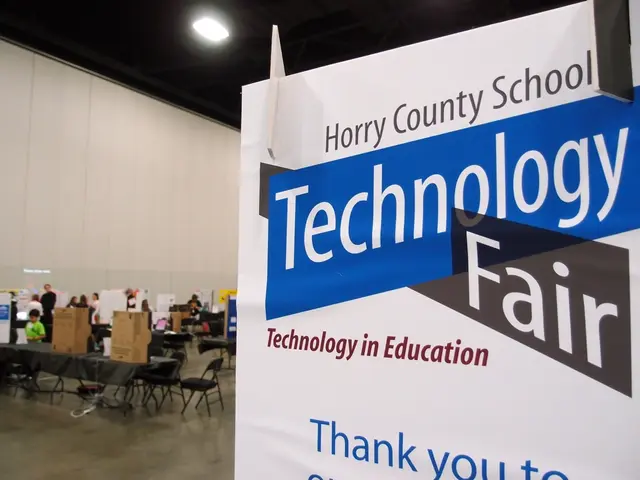North Carolina's food bank receives a solar energy upgrade as Republican legislators contemplate budget reductions
In North Carolina, concerns are mounting among advocates that a potentially severe hurricane season could overwhelm open-air waste lagoons at hundreds of hog farms. Governor Josh Stein has urged Congress to protect clean energy investments, citing over 20,000 jobs and $24 billion in investments in the state. Notably, the North Carolina Food Bank has recently begun operation of a 1 MW solar array, expected to save $143,000 per year.
Meanwhile, in Texas, the state braces for hurricane season as Houston officials fret about the Trump administration's evisceration of federal agencies and programs that support disaster recovery in the region. Despite this, Texas lawmakers concluded their legislative session without taking any major action to reform the home insurance industry's rising costs or its pullback from areas where climate change has exacerbated severe weather.
In a positive development, an Arkansas company has partnered with an ammonia product manufacturer to develop a carbon capture and sequestration initiative, with plans to begin injecting captured carbon by 2027. Similarly, solar manufacturer Qcells has launched a new venture to recycle 500,000 solar panels annually at its Georgia factory. Another solar panel recycling facility with an annual capacity of 500,000 solar panels is being planned by First Solar in Georgia.
Elsewhere, a Democratic Louisiana lawmaker has secured a $34 million package of federal, state, and local funding for a new power station. Louisiana has received nearly $40 billion in investments from clean energy projects. In a related development, Chicago-area startup Sun Metalon aims to reduce steel industry emissions with an oven-sized box that cleans and melts down waste metal into recyclable pucks.
However, not all news is positive. The Trump administration cancelled $150 million in two grants to replace older coke or gas-fueled blast furnaces with electric induction furnaces at two Alabama iron pipe manufacturers. Additionally, the U.S. Navy has signed an agreement with Dominion Energy to consider building a small modular nuclear reactor at a Virginia base, and other alternative energy sources such as a solar farm. Yet, the federal court upheld regulators' decision to grant the Mountain Valley Pipeline more time to complete its proposed Southgate spur from Virginia into North Carolina.
In a surprising turn of events, Envision Automotive Energy Supply Co. has paused construction of its South Carolina battery factory due to policy and market uncertainty. Houston solar company Sunnova Energy has laid off 718 workers and filed for reorganizational bankruptcy. Springfield, Massachusetts, residents are fighting back after rulings to stop a wood-burning power plant were reversed.
Lastly, the West Virginia Supreme Court ruled that oil and gas producers cannot deduct post-production costs from royalty payments unless they are specifically set out in the lease. Texas oil and gas officials are growing disenchanted with the Trump administration's tariffs and calls for oil prices to drop below $50 a barrel.
These developments underscore the complex and evolving landscape of energy and environmental policies across the US.
Read also:
- Catastrophe at a U.S. Steel facility in Pennsylvania results in the loss of two lives. crucial details unveiled
- Auto Industry Updates: Geotab, C2A, Deloitte, NOVOSENSE, Soracom, and Panasonic in Focus
- Impact of COVID-19 on Poland's Ability to Achieve its 2020 Renewable Energy Target
- Sustainability Focuses on Preserving Nature, Financial Stability, and Social Equality








